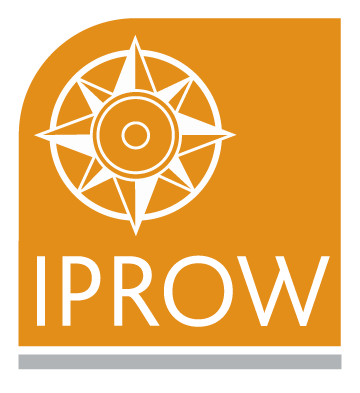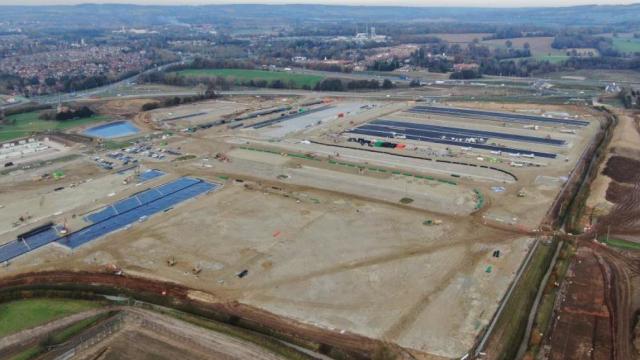Securing positive outcomes from development
Virtual by Microsoft Teams, three half days
Public rights of way are commonly affected by development which may be detrimental but can be beneficial if well managed. This course provides an introduction to the planning process and how it may be influenced; identifies the likely impacts of development and familiar failings to protect rights of way through the planning and development process. It focuses on the elements which are key to securing positive outcomes, from influencing planning policy and local plans through to site works.
Main topics
- The planning system
- Influencing plans and policies
- Types of planning permission and their hazards
- Securing delivery efficiently—when to invest the time for optimum result
- Securing improvements: developer contributions—CIL, Section 106 and beyond
- What conditions to ask for and when
- Engaging effectively
- Making a robust response
- Influencing policy and guidance to developers
N.B. The process of drafting and making of Public Path Orders for rights of way affected by development is not included.
Learning Outcomes
- Awareness of the key elements of the planning system and its impact on rights of way
- Appreciation of the opportunities for and limitations to developer contributions
- Appreciation of how to secure the delivery of planned mitigation and improvement
Level
Intermediate. A working knowledge of rights of way legislation and its practical application is required.
The course is designed for any council officers dealing with public rights of way affected by or potentially affected by development. Planning officers are welcome.
Trainers
Stuart Harrison Over twenty years' experience in planning, green infrastructure policy and delivery, and countryside access management including definitive map and rights of way.
Graham Rusling Public Rights of Way and Access Service Manager, Kent County Council. Over thirtyyears' experience in managing public rights of way affected by developments as diverse as the Channel Tunnel Rail link to the change of use of agricultural land to garden.
Cost
Members £295, non-members £399 (exc VAT)
Software
Microsoft Teams is the software used for training which is available to anyone. Using the app is strongly recommended for full functionality as the web browser version may be missing some facilities, although full participation should be possible, use of some apps within Teams may be limited by participating organisation's protocols.
Recording
See Event recording.
Terms and Conditions
See Event booking terms.
Other Events which may be of interest
Improving performance at a Public Inquiry
Virtual by Microsoft Teams
Securing positive outcomes from development
Virtual by Microsoft Teams, three half days
Bridge works POSTPONED new date pending
Virtual by Microsoft Teams



